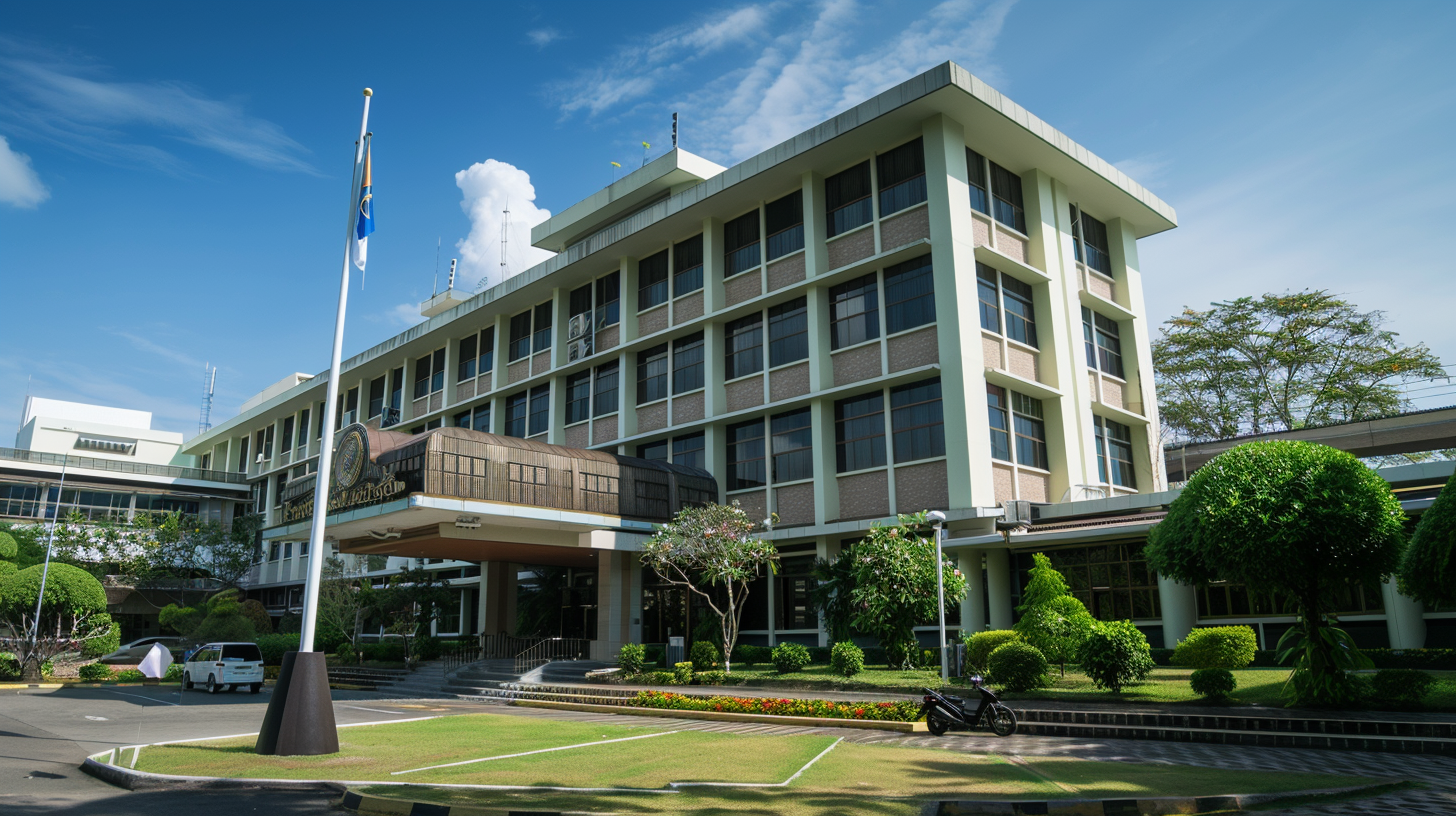Last updated on June 24th, 2024 at 10:33 am
- Driving The News: Newly appointed Health Minister SOMSAK THEPSUTHIN emphasizes the need for public consultation on cannabis reclassification.
- Why It Matters: The decision on cannabis policy impacts public health, economic investments, and social justice.
- The Big Picture: The Health Minister’s approach highlights the importance of public opinion in shaping drug policies.
BANGKOK, THAILAND – On his first day in office, newly appointed Health Minister SOMSAK THEPSUTHIN addressed the contentious issue of cannabis reclassification, emphasizing the need for public consultation. Speaking at a press conference, Somsak stressed that the decision to reclassify cannabis as a narcotic should be guided by the opinions of the Thai people.
Somsak, who took office on May 7, began his day with a series of traditional ceremonies to pay respects to sacred sites within the Ministry of Public Health. Following these rituals, he held a press conference where he outlined his immediate priorities, including the ongoing debate over cannabis policy.
“Public opinion is crucial in deciding whether cannabis should be classified as a narcotic,” Somsak stated. “We need to determine the extent of legalization and how to prevent misuse that causes public nuisance.”
The Health Minister acknowledged the concerns of cannabis investors and businesses, noting that any changes to the legal status of cannabis would need to consider their substantial investments and the potential economic impact. He also highlighted the importance of maintaining public order and ensuring that cannabis use does not negatively affect communities.
Somsak’s remarks come at a time when the Thai government is facing increased pressure to clarify its cannabis policies. The previous administration had decriminalized cannabis, leading to a surge in cannabis-related businesses and medical research. However, the current government is reconsidering this stance, citing concerns about youth access and public health.
In addition to addressing cannabis policy, Somsak reiterated his commitment to the “30 Baht Treats All” healthcare policy, which aims to provide affordable healthcare to all Thai citizens. He also discussed plans for the transfer of responsibilities from sub-district health centers to provincial hospitals, emphasizing that such transfers would be carefully managed to avoid disrupting services.
Somsak concluded his address by emphasizing the importance of flexibility in policymaking. “Regulations should not be so rigid that they become obstacles to progress,” he said. “We must be willing to adjust and improve them for the benefit of the public.”
As Thailand navigates the complexities of cannabis regulation, the Health Minister’s call for public consultation signals a cautious and inclusive approach to policymaking.
Contributing Sources: Hfocus.org
